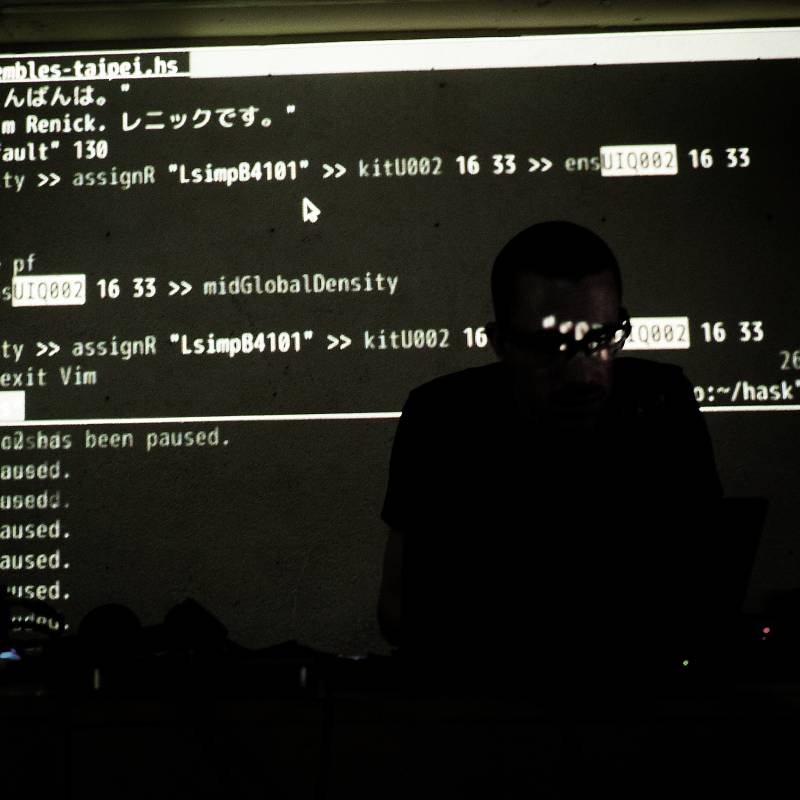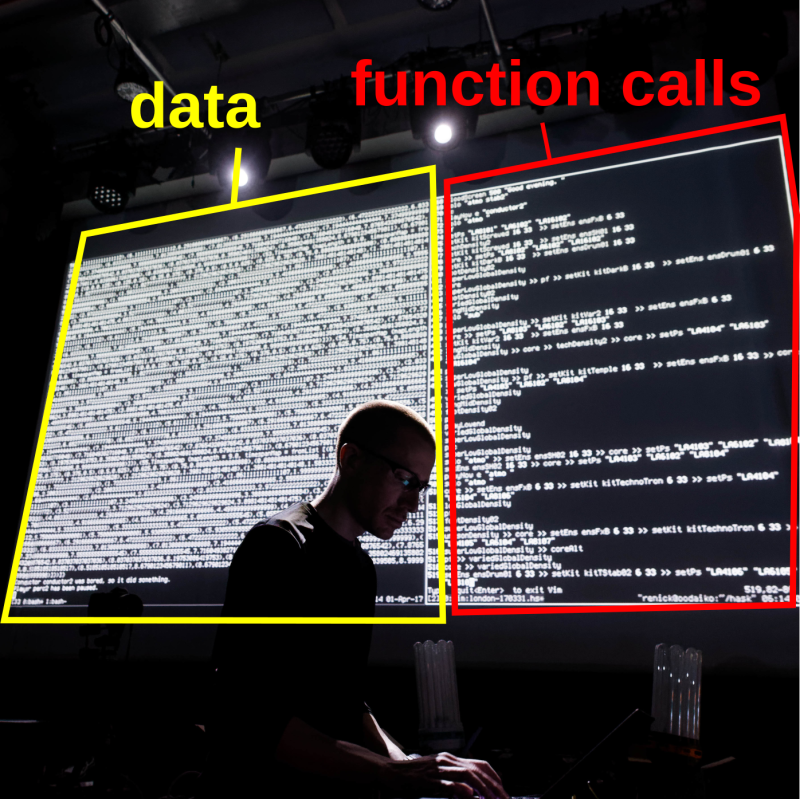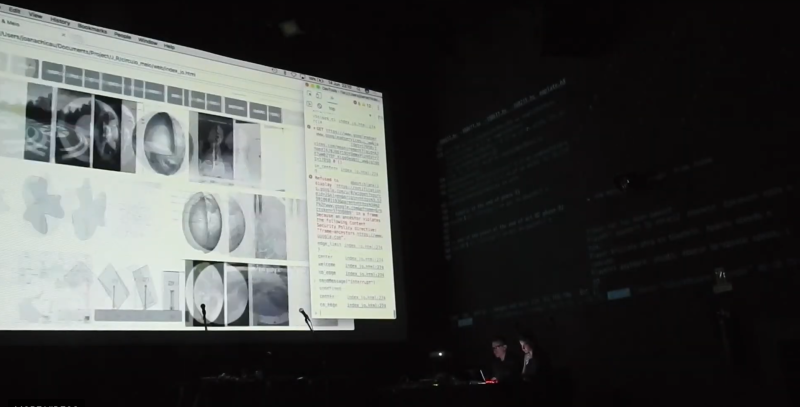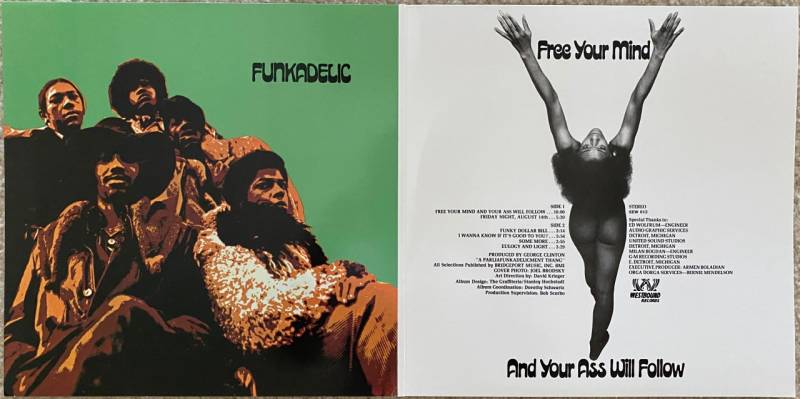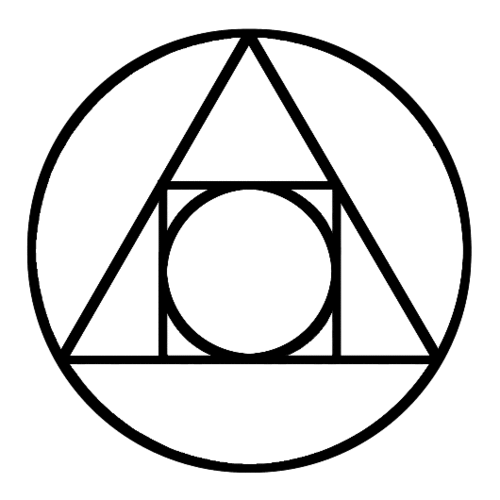This is an old revision of the document!
HSE 03, Nov. 21, 2021
summary
- Umberto Eco's The Open Work and a pragmatic aesthetic theory
- algorithmic openness
- openness and society
conclusions, discussion
openness in your works
Umberto Eco's The Open Work and a pragmatic aesthetic theory
photo by Camille Blake
Eco, U. (1989). The open work. Harvard University Press.
some points from chapters 1-4 of The Open Work
- eco's open work: normative poetics, aesthetics, and a pragmatic aesthetic theory
- aesthetics vs. poetics
(chapter 1, poetics of the open work, p. 22) “We have to distinguish between the theoretical level of aesthetics as a philosophical discipline which attempts to formulate definitions and the practical level of poetics as programmatic projects for creation.”
- pragmatic aesthetic theory
- normative thought
algorithmic openness
- visual openness (superficial?)
- on-stage
- projection: coding, data
- versus an anonymous perfomer in a dj booth
- openness of algorithms
some definitions of algorithm define it as needing a well-formed conclusion; we'll do away with that, or define it as “to be run until the user no longer wishes to run it”
- showing algorithms (functions, function names, function calls)
- data transparency
- a stack of algorithms, the problem of deep openness
software stack diagram, adapted from: https://searchapparchitecture.techtarget.com/definition/software-stack
- how to increase openness
- work with Joana Chicau https://geometries.xyz/
- an attitude toward collaboration
- tools to enable that collaboration
- a presentation which reflects the attitude and the tooling
- open source
- freedoms:
- Free Software Foundation definition of free software: https://www.gnu.org/philosophy/free-sw.en.html#fs-definition
- The freedom to run the program as you wish, for any purpose (freedom 0).
- The freedom to study how the program works, and change it so it does your computing as you wish (freedom 1). Access to the source code is a precondition for this.
- The freedom to redistribute copies so you can help others (freedom 2).
- The freedom to distribute copies of your modified versions to others (freedom 3). By doing this you can give the whole community a chance to benefit from your changes. Access to the source code is a precondition for this.
openness and society
- need for an openness in society
- society is increasingly mediated by algorithms
- problems caused by a lack of transparency
- ignorance of algorithms means ignorance of the basic relations of society
- ignorance of algorithms leads to a sense of powerlessness
- what new relationships does open algorithmic art expose or suggest
- by exposing algorithms and showing how they can be beautiful, the understandability and tractability of algorithms shows new possibilities to an audience: “i could do this,” “i could control an algorithm,” and therefore shows possibility of agency that wasn't previously held for non-programmers
- even for programmers, the repurposing of the algorithmic tools for art also shows new possibilities
- foregrounding the algorithm then emphasizes these possibilities
- open to what?
- open means free to possibility
- open to the existence of others with you
- acknowledging them, and treating them as you would like to be treated
- willingness to be connected
- willingness to share
- acceptance of the need to cooperate
- relinquishment, surrender
- becoming altruistic
- george clinton, funkadelic “free your mind and your ass will follow, for the kingdom of heaven is within.” https://www.youtube.com/watch?v=G9g-bw49ZwI
alchemy of transforming closed things into open ones: https://en.wikipedia.org/wiki/Magnum_opus_(alchemy)
paradox: how can a rational algorithmic system which encapsulates logical concepts lead to radical intuitive open connection? it's the ineffable paradox of duality expressed in the tao te ching: accepting limits in order to be limitless openness, receptiveness, “know the male yet keep to the female”



